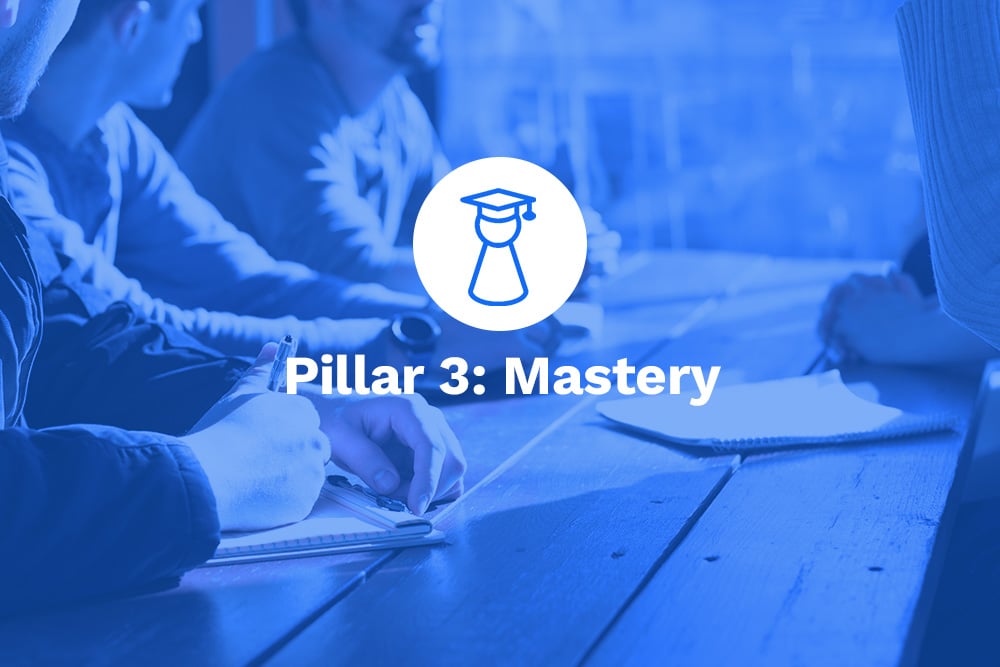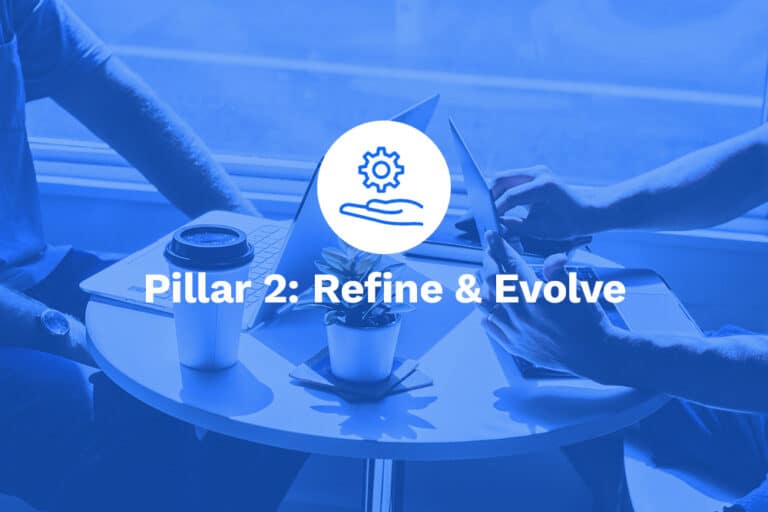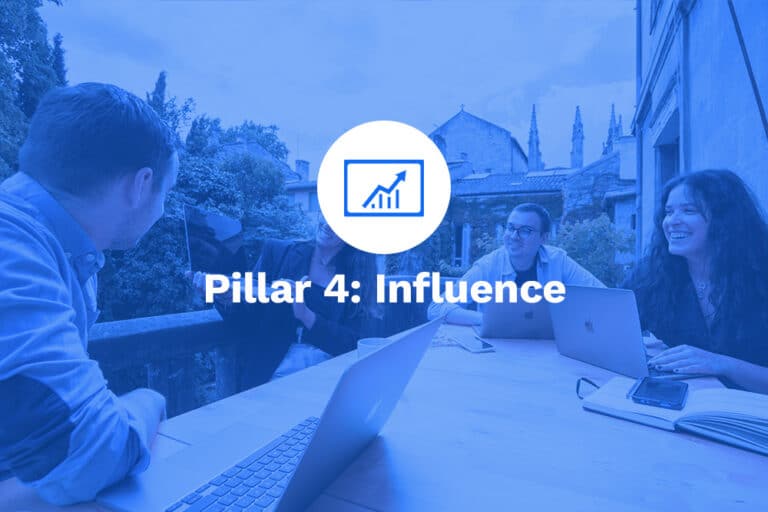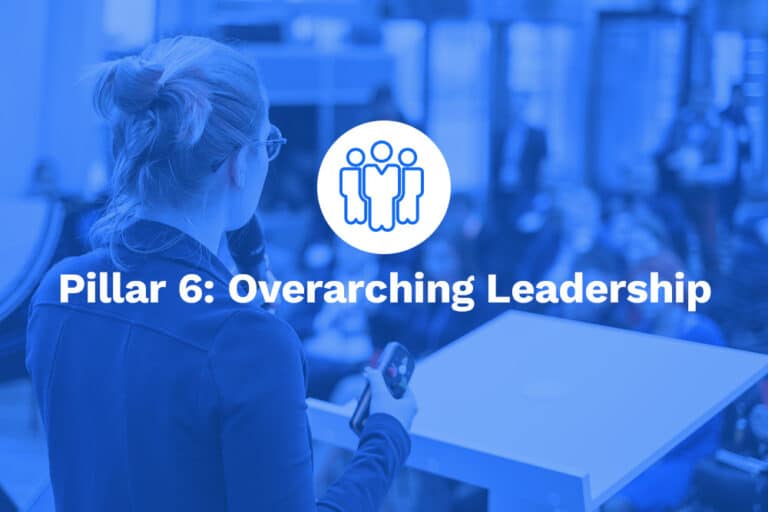Your Mindset Matters: Growth vs Fixed
Fast Grasps Series: Impactful time-saving tips to navigate your career
A growth mindset is the belief that abilities and intelligence can be developed through dedication and hard work. At Leader Loop, we consistently see how fostering a growth mindset can lead to remarkable career advancement and professional development. Embracing this mindset can transform your approach to challenges and setbacks, making you more resilient and adaptable. This competency falls under the Evolve & Refine pillar, which emphasizes continuous improvement and learning.
Why It Matters
Developing a growth mindset is crucial for long-term career success. It encourages continuous learning, resilience, and a proactive approach to challenges. According to research by Carol Dweck, a leading psychologist in the field, individuals with a growth mindset achieve more than those with a fixed mindset because they worry less about looking smart and put more energy into learning.
Pitfalls to Avoid
- Fixed Mindset: Believing that your abilities are static can hinder your growth and limit your potential.
- Fear of Failure: Avoiding challenges due to fear of failure can prevent you from learning and improving.
- Ignoring Feedback: Refrain from following constructive feedback can stall your development and prevent you from reaching your goals.
Actions to Enhance This Key Competency
- Embrace Challenges
- Seek Out Difficult Tasks: Challenge yourself with tasks that push you out of your comfort zone. This will help you grow and develop new skills.
- Learn from Setbacks: View failures and setbacks as opportunities to learn and improve. Analyze what went wrong and how you can do better next time.
- Cultivate a Love for Learning
- Pursue Continuous Education: Engage in lifelong learning through courses, workshops, and reading. Stay curious and open to new information.
- Set Learning Goals: Regularly set and review your learning goals. Track your progress and celebrate your achievements.
- Value Effort Over Talent
- Recognize Hard Work: Appreciate the effort you put into tasks, not just the outcomes. Understand that persistence and dedication lead to improvement.
- Encourage Others: Promote a growth mindset within your team by recognizing and celebrating their efforts and progress.
- Seek and Use Feedback
- Ask for Feedback: Regularly seek feedback from peers, mentors, and supervisors. Use this feedback to identify areas for improvement.
- Reflect on Feedback: Reflect on the feedback you receive and create action plans to address any areas of improvement.
Scenarios of Growth Mindset vs. Fixed Mindset
- Growth Mindset Scenario: Emma, a project manager, faces a significant challenge with a new project that requires unfamiliar skills. Instead of feeling overwhelmed, she sees it as an opportunity to learn. She takes a course on project management, seeks advice from colleagues, and continuously applies feedback to improve. As a result, she successfully completes the project, earns recognition from her team, and is considered for a promotion.
- Fixed Mindset Scenario: Mike, a software developer, is assigned to a project using a new programming language. Believing he’s not good at learning new languages, he avoids the project and sticks to what he knows. His reluctance to step out of his comfort zone results in missed opportunities for growth, and his manager notices his lack of initiative, which negatively impacts his performance reviews.
What It Unlocks for Your Career and Organization
Embracing a growth mindset can significantly enhance your career advancement. It makes you more adaptable, resilient, and open to new opportunities. For your organization, fostering a culture of growth mindset can lead to increased innovation, improved problem-solving, and a more engaged and motivated workforce. Employees who believe in their ability to grow and improve are more likely to take on challenges and contribute to the organization’s success.
Real-world Impact
According to a study by Stanford University, organizations that encourage a growth mindset among their employees see a 34% increase in employee engagement, a 47% increase in overall satisfaction, and a 65% reduction in turnover. These statistics highlight the powerful impact of fostering a growth mindset in the workplace.
In Summary
Start by embracing challenges and viewing setbacks as opportunities to learn. Cultivate a love for learning and set regular learning goals. Value effort over talent and encourage a growth mindset within your team. Regularly seek and use feedback to guide your improvement. Over time, these practices will help you develop a growth mindset that drives your career forward and contributes to your organization’s success.
Sources:
- Carol Dweck. “Mindset: The New Psychology of Success.” Random House, 2006.
- Stanford University. “The Impact of a Growth Mindset on Employee Engagement and Retention.” Stanford, 2019.
About Leader Loop: Leader Loop crafts actionable, competency-focused articles to accelerate your career growth. Our expert-written content provides practical strategies for leadership, team management, and professional development. Whether you’re a seasoned manager or an ambitious individual contributor, our articles deliver the insights you need to excel in today’s workplace.




